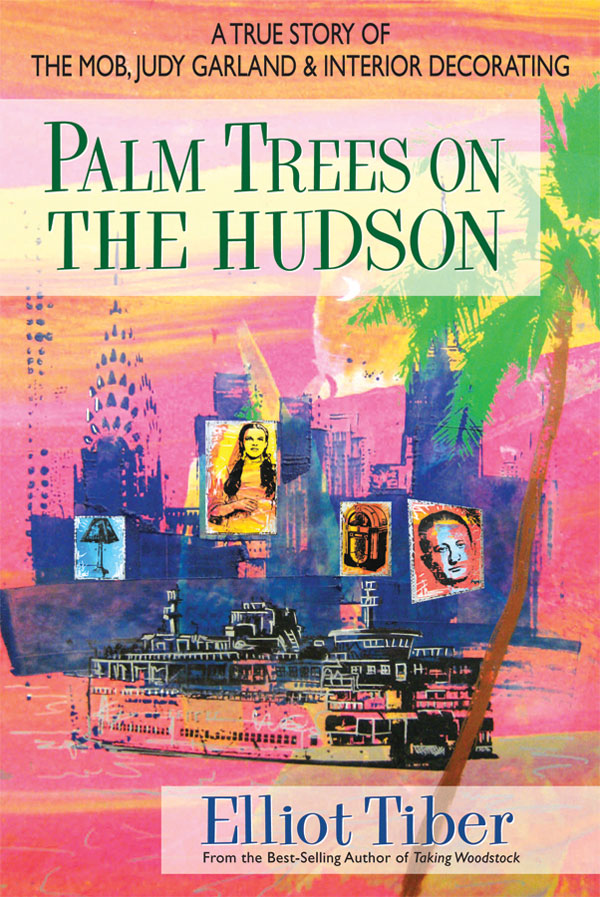Palm Trees on the Hudson by Elliot Tiber.
Square One Publishers (2011), $25, 184 pp.
When Charles Dickens said, “It was the best of times, it was the worst of times,” he wasn’t just talking about the French Revolution. Everyone has that day in their lives they’ll fondly recall as the Best Day Ever, filled with happiness, wishes fulfilled and memories with a smile … as well as a Worst Day Ever, the one best forgotten quickly and for good. But what if they were the same day? They are in this memoir.
Elliot was 8 when he first saw Judy Garland and he wished he could join her in Oz. Movies were important to Elliot growing up in Brooklyn, but equally important to his mother, who took the free dishes the moviehouse handed out and re-sold them at her store. She focused on money, and while that bought her the American Dream, it didn’t endear her to her only son, whom she repeatedly called “worthless.”
Elliot left home via subway to Manhattan and rented a filthy artist studio in the Village. There, he hoped to find love and acceptance as a gay man.
Elliot quickly found work as a window dresser and maneuvered his way into better jobs with richer clients, opening an interior decorating business and branching into party planning. It was at one of those parties — lavish, opulent, over-the-top, and planned for a club-owning, gay-hating mobster — where Elliot had his best / worst situation. See, the mobster was friends with Judy Garland…
This prequel to a prior memoir starts with Tiber’s childhood and meanders forth to a highlight that’s funnier now than it must have been 40-odd years ago. Tiber, who once dabbled in standup comedy, tells a good story and his recollections of Manhattan society and being gay in the 1960s are priceless.
Palm Trees on the Hudson is a hidden gem, and once you start it, you’ll have a dickens of a time putting it down.
— Terri Schlichenmeyer
This article appeared in the Dallas Voice print edition May 13, 2011.














